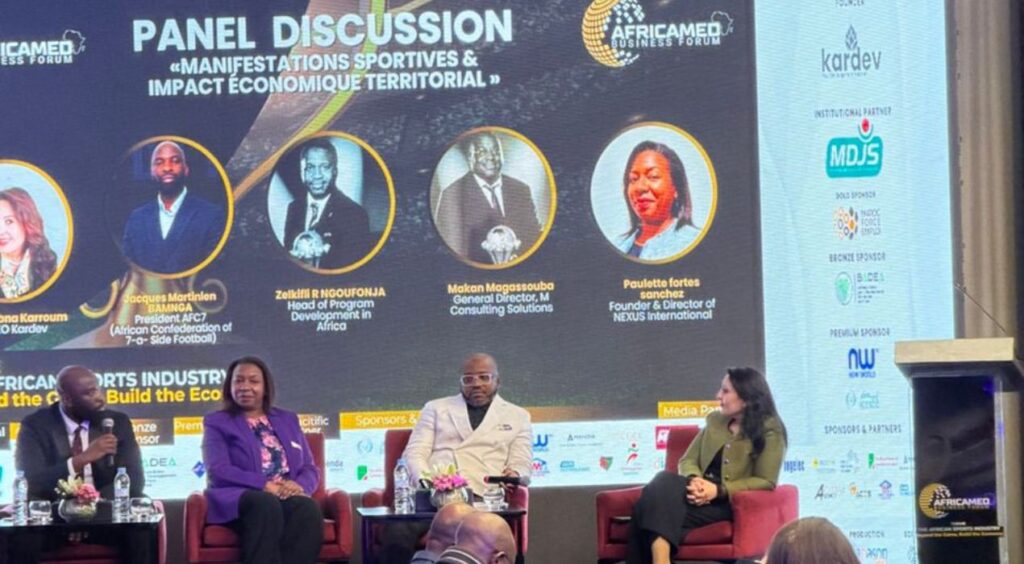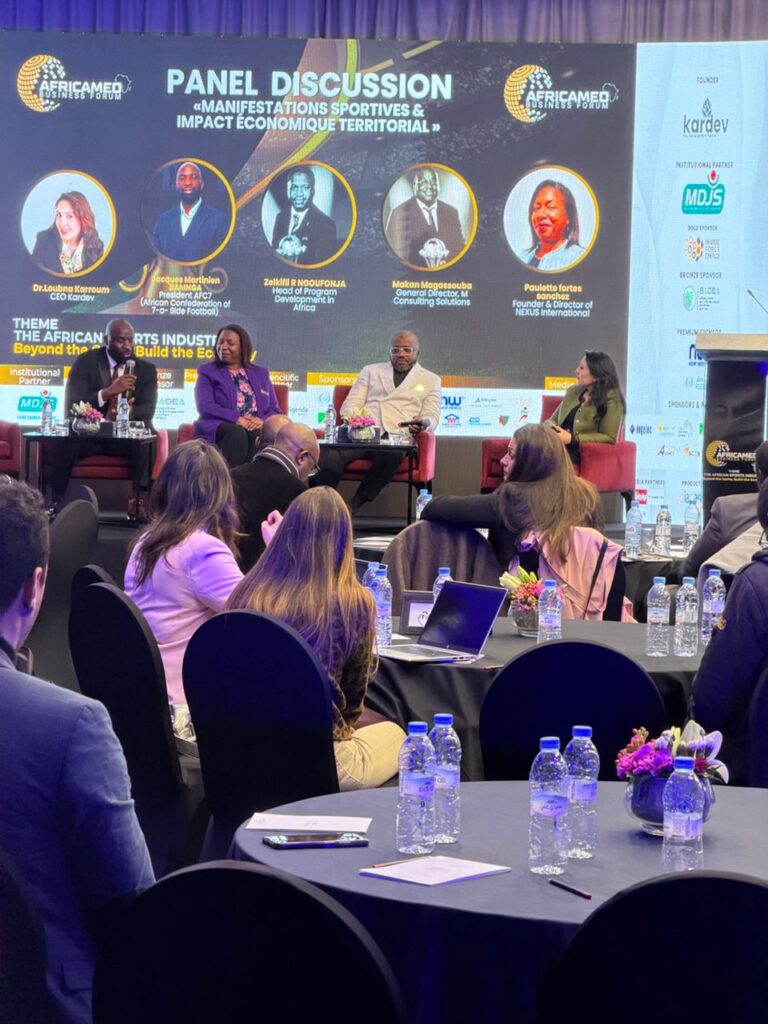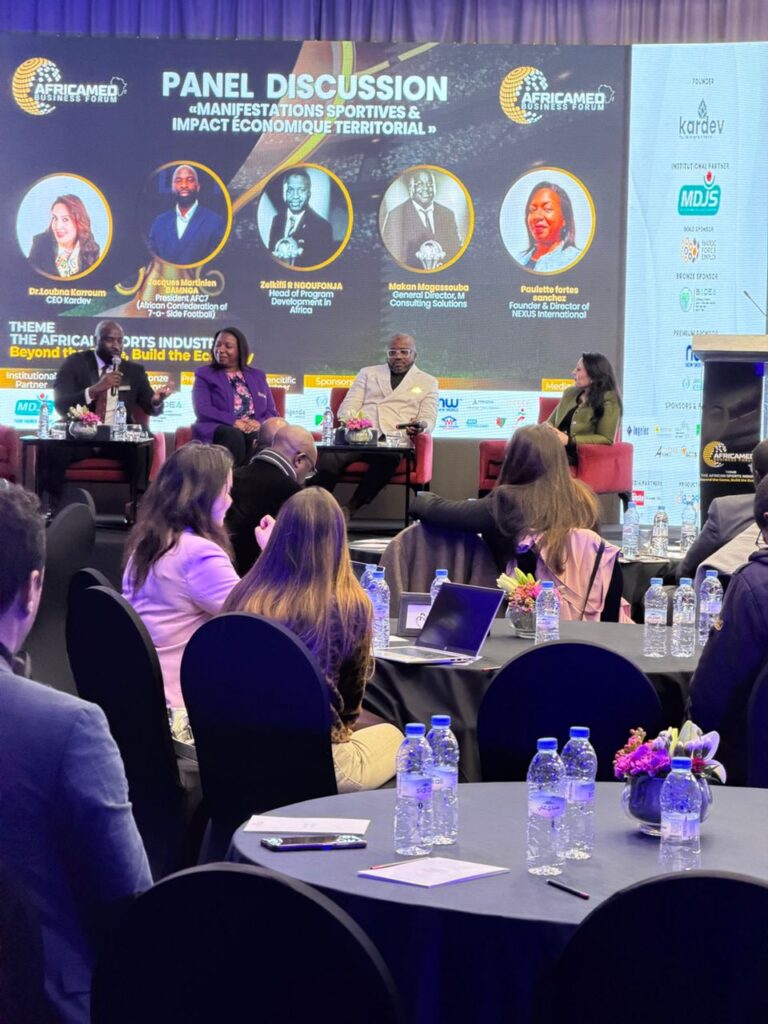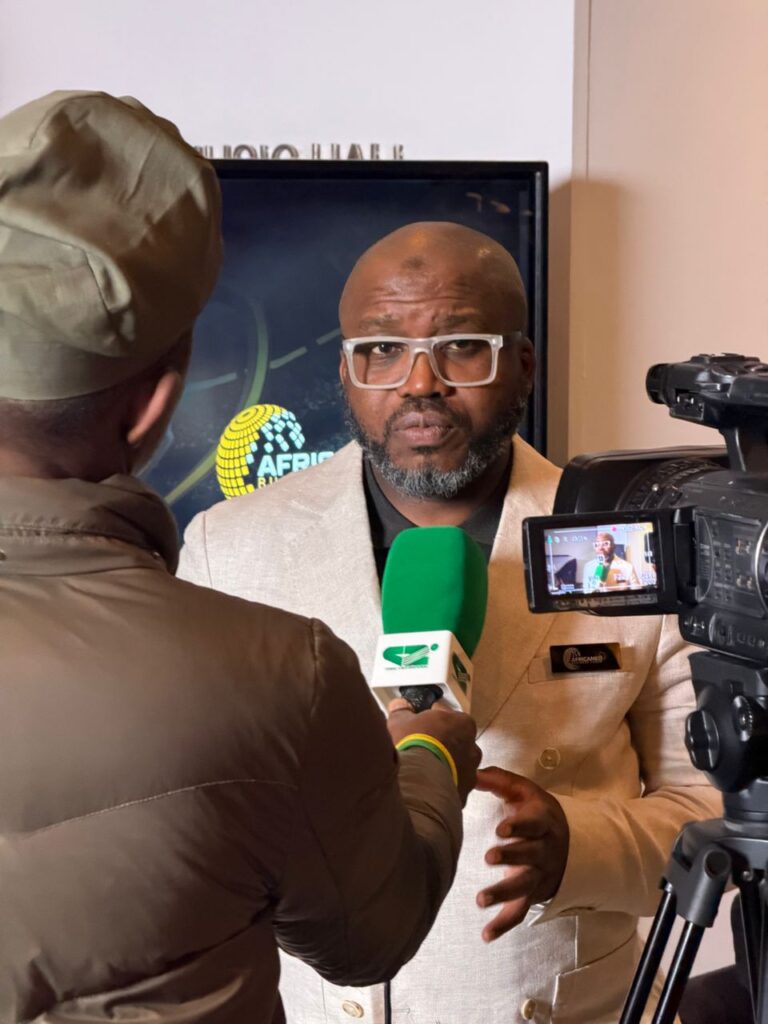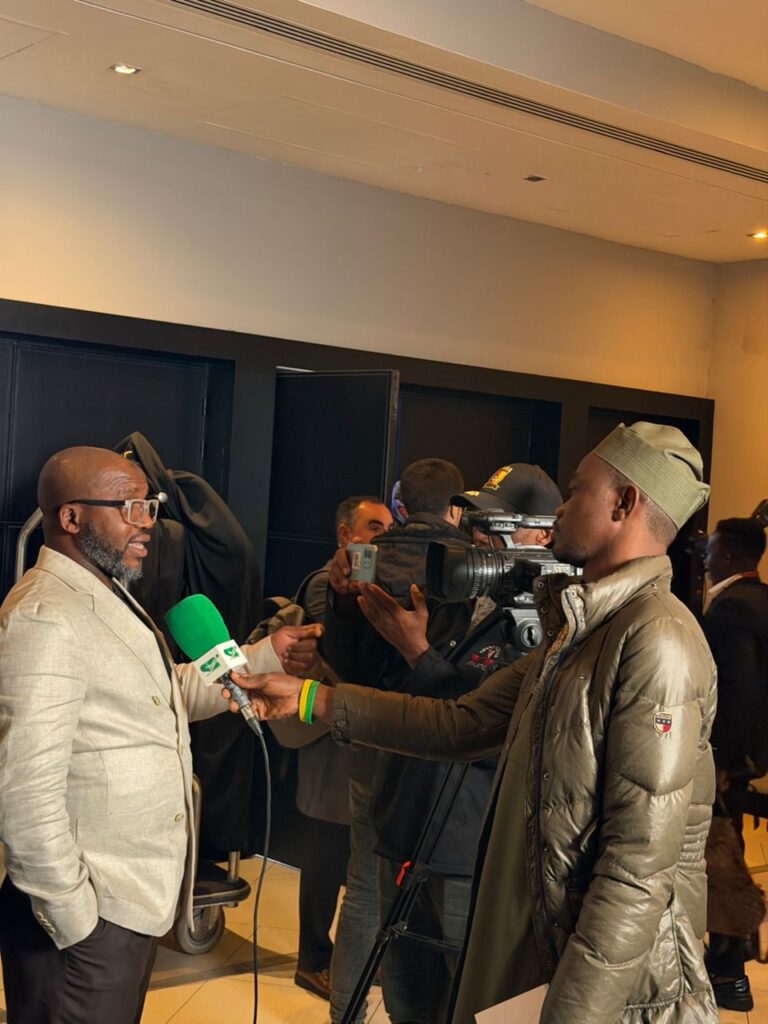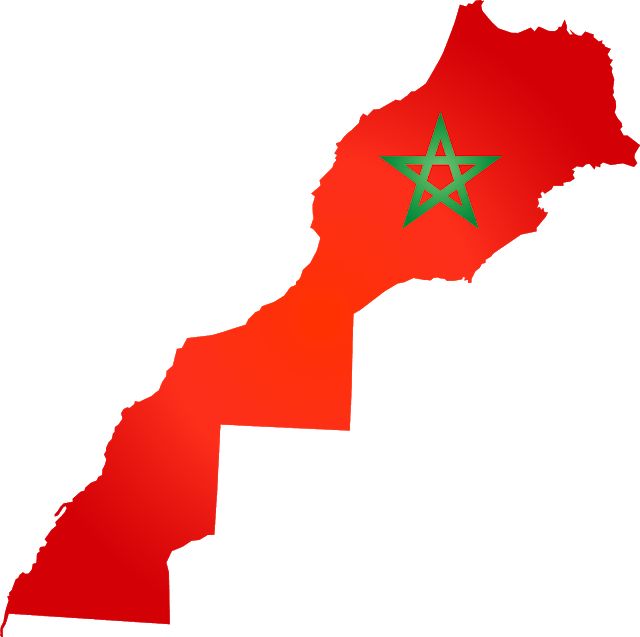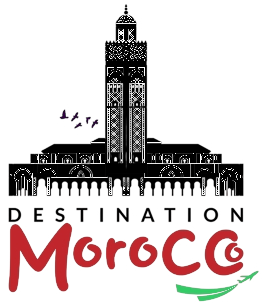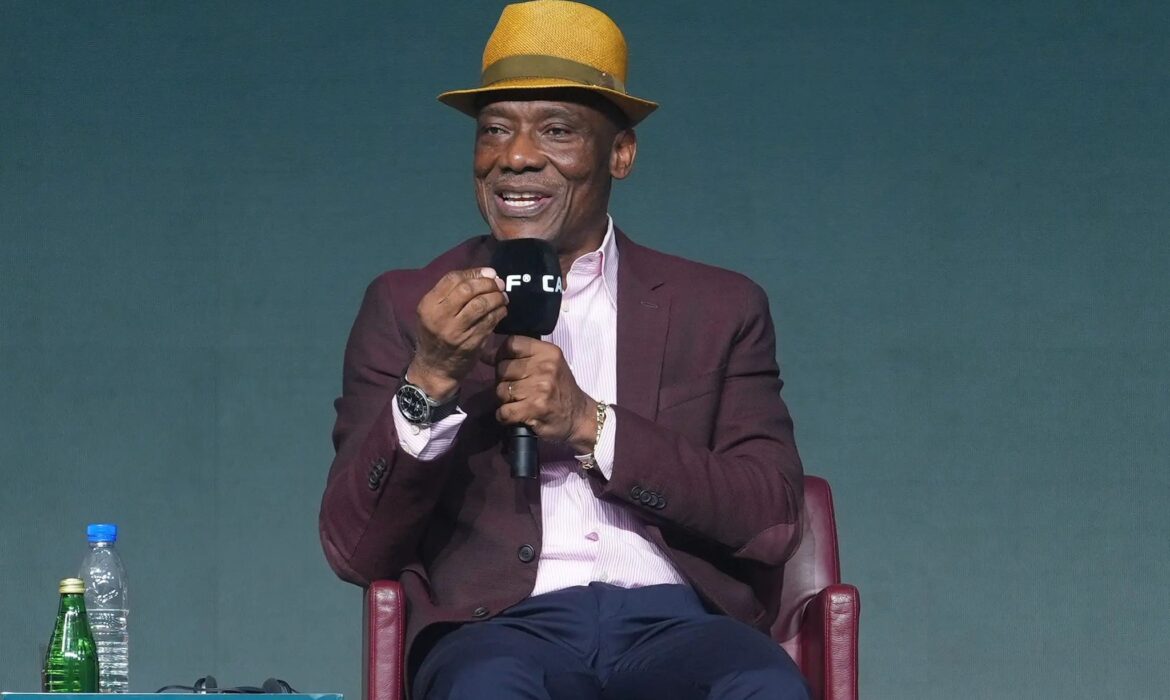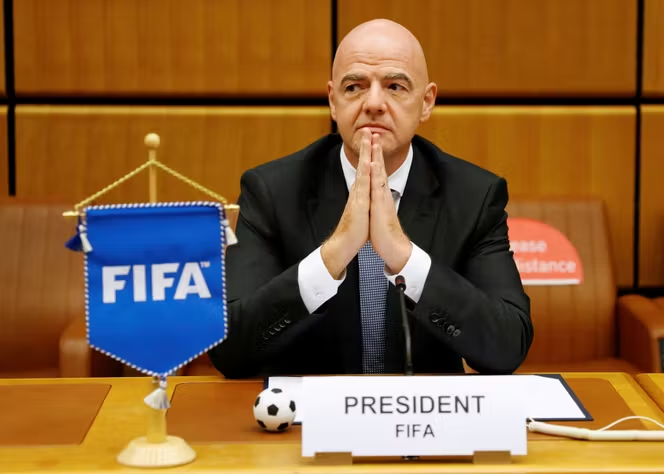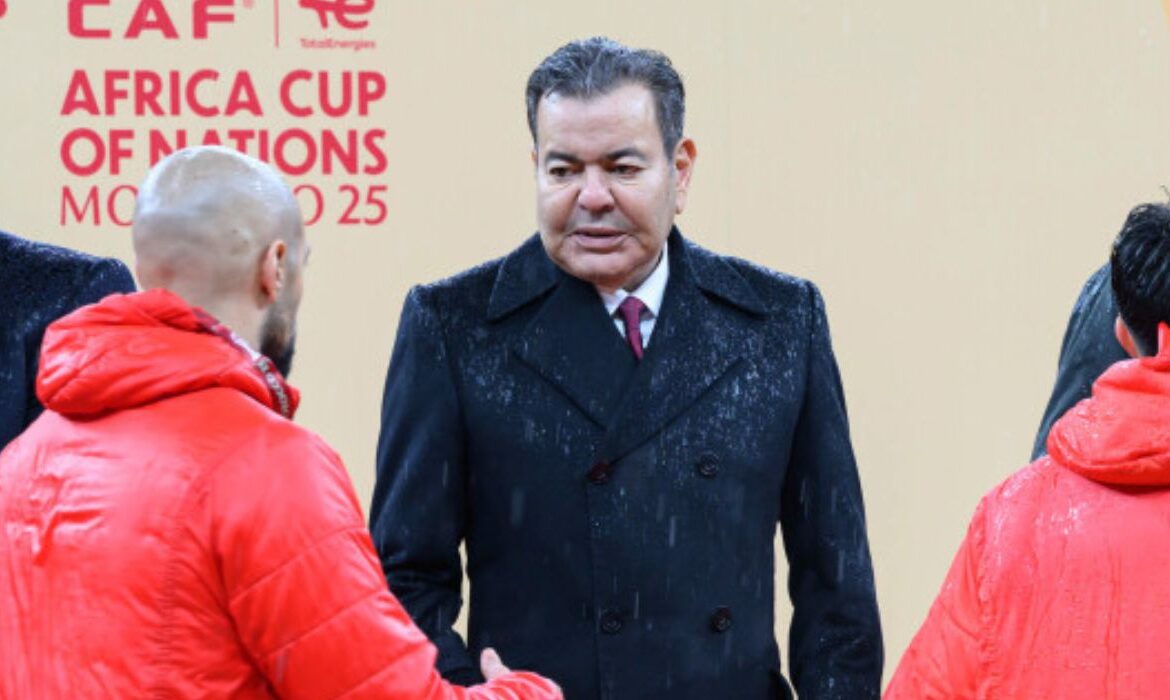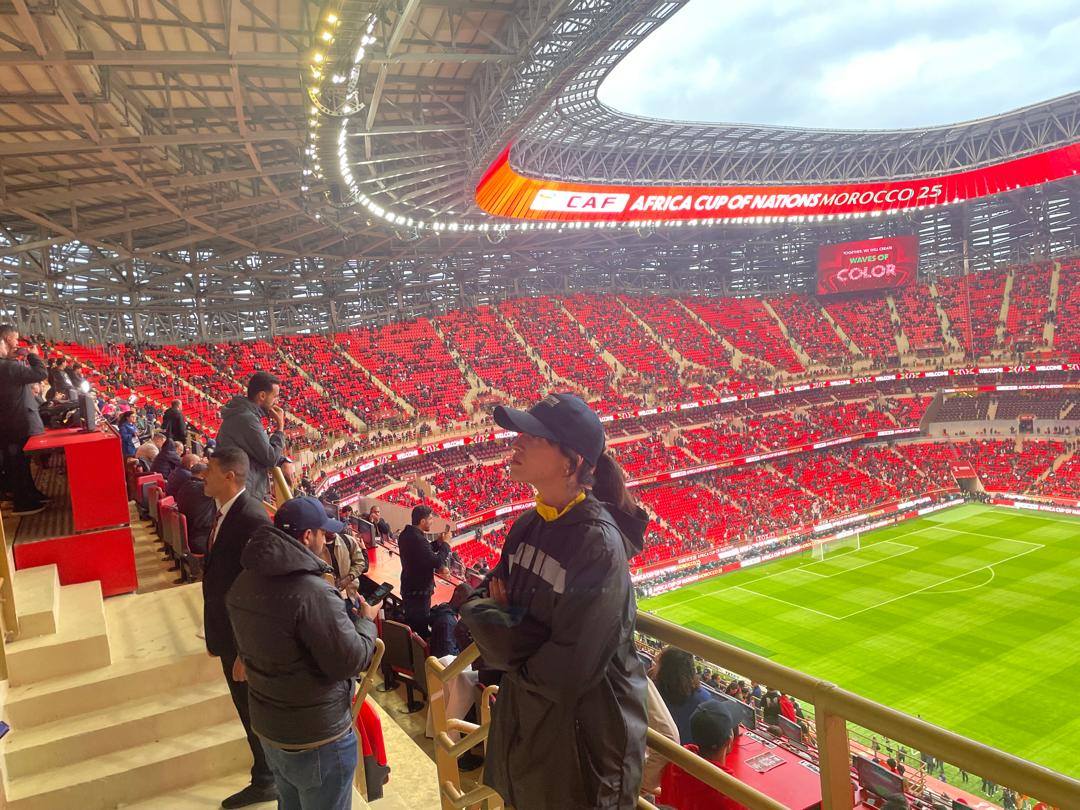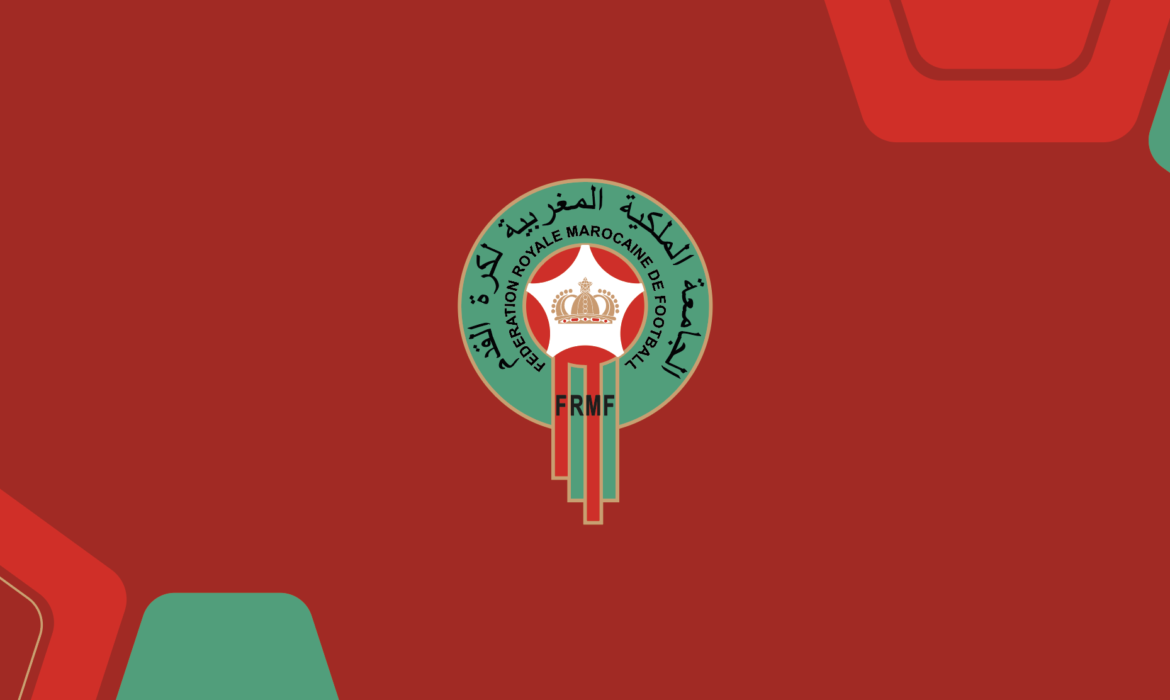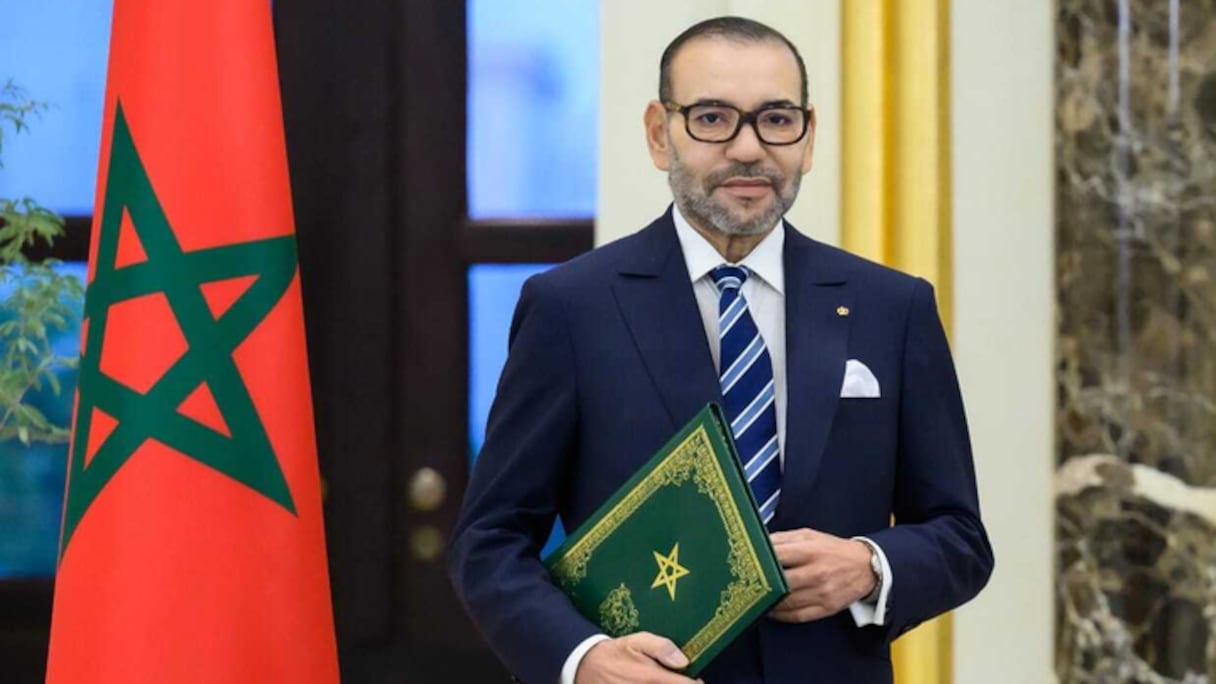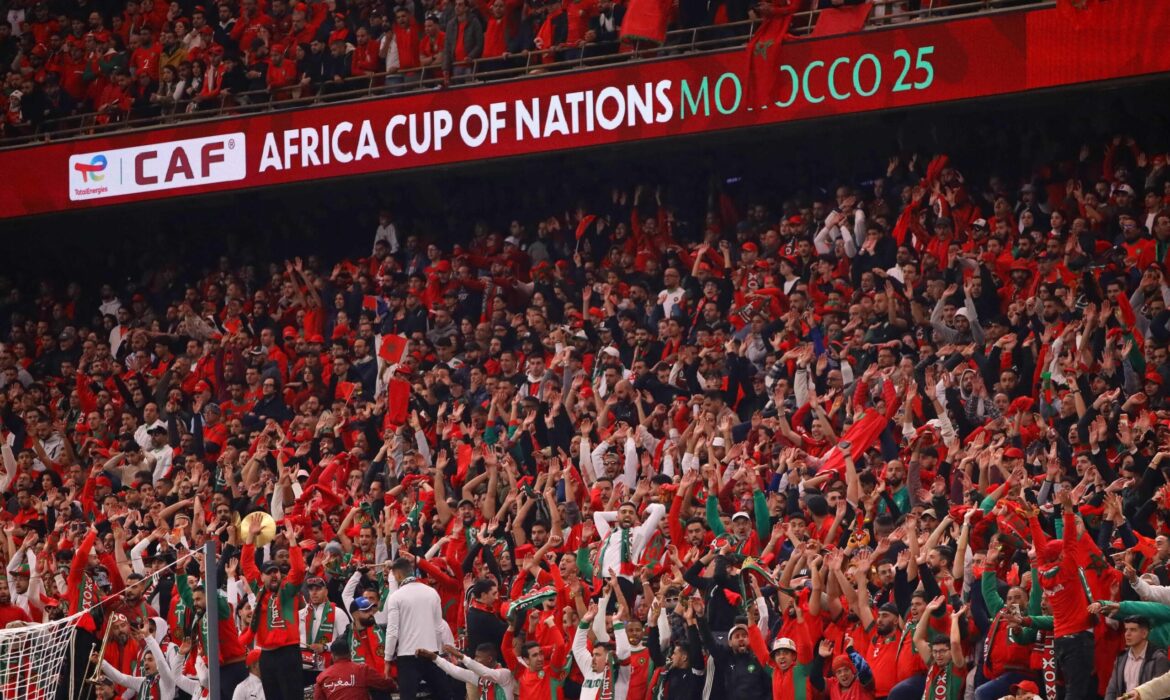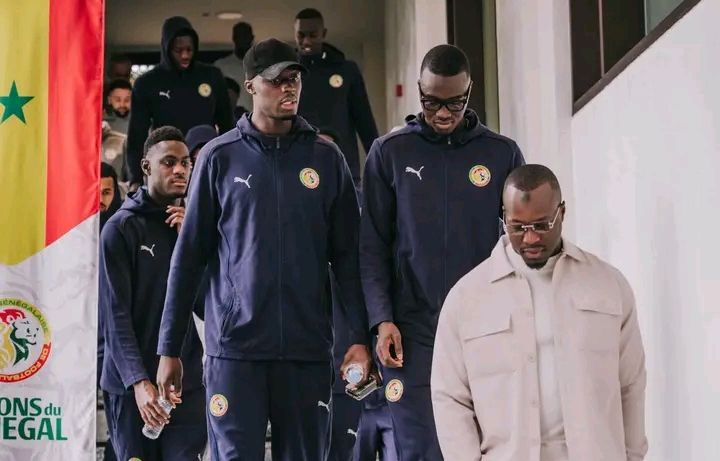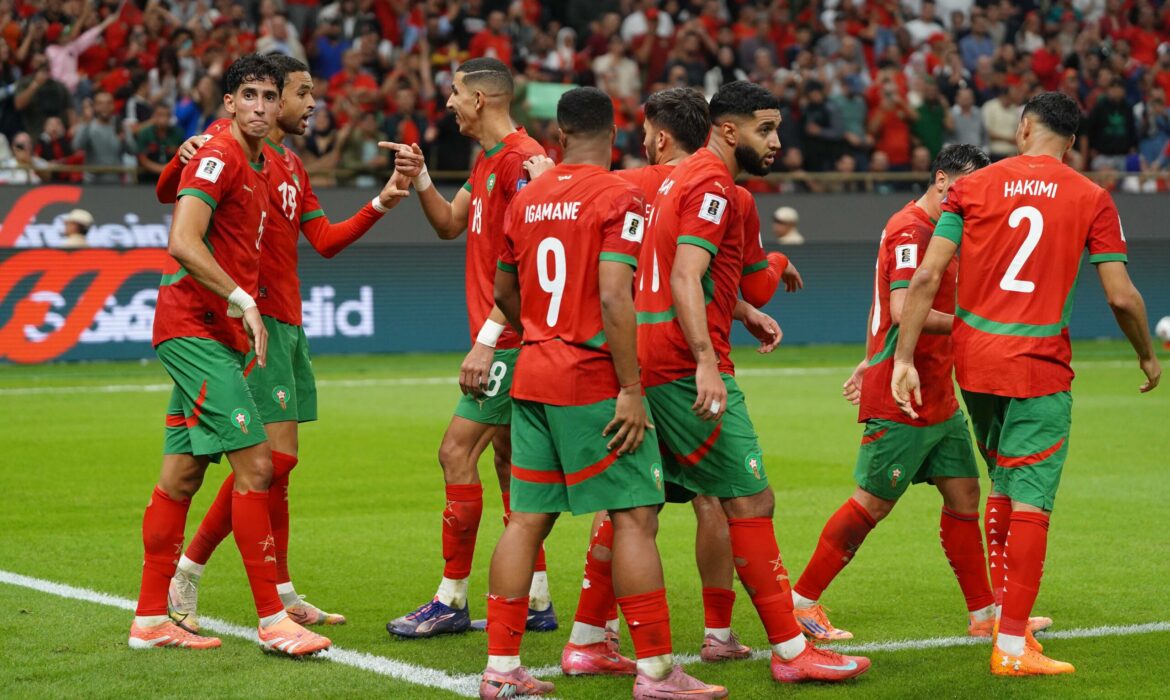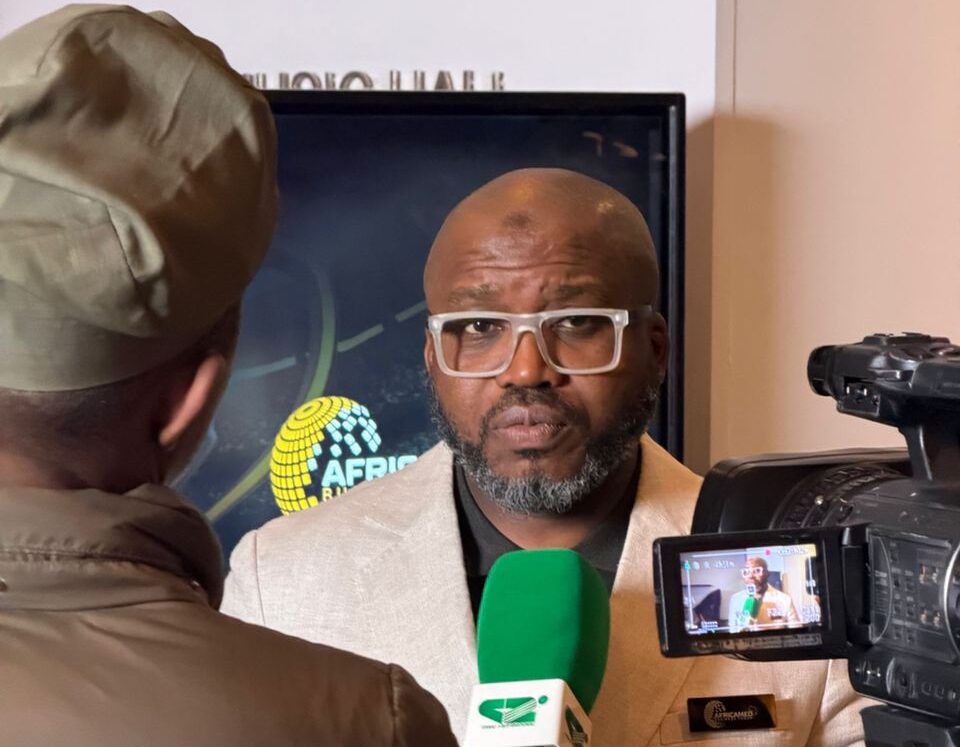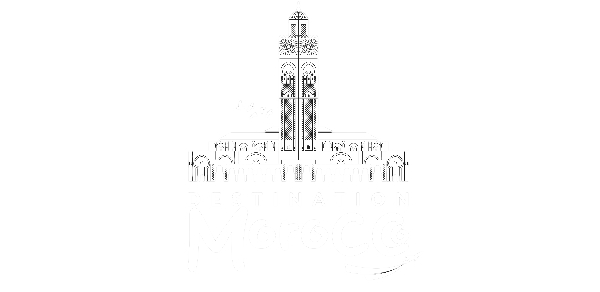AFCON 2025: Joseph Antoine Bell defends Morocco against favoritism claims
Cameroonian football legend Joseph Antoine Bell defended Morocco following the 2025 AFCON final against Senegal. In an interview with RFI, Bell stated: “I do not feel that Morocco was particularly favored by the refereeing. The Fair Play award given to them proves this. Allegations of favoritism are therefore unfounded.”
He emphasized that all players and coaches must have full knowledge of the rules and respect them under all circumstances.
These remarks come in response to criticisms of refereeing during the final and highlight the importance of fair play and discipline in African football.
AFCON 2025: Gianni Infantino condemns incidents during Morocco–Senegal final
FIFA President Gianni Infantino, present in the stands during the 2025 AFCON final between Morocco and Senegal, strongly condemned the incidents that occurred during the match. He criticized the behavior of some Senegalese players and staff, particularly after the attempted withdrawal from the field.
“It is unacceptable to leave the field in this manner, and violence cannot be tolerated in our sport,” Infantino stated, emphasizing the importance of respecting referees and the Laws of the Game.
He called on the Confederation of African Football (CAF) to take appropriate disciplinary measures. While Senegal secured the title, the incidents cast a shadow over the competition and highlight ongoing concerns regarding discipline and fair play in African football.
Morocco’s National Team Honored at Royal Reception After AFCON 2025
On the High Instructions of His Majesty King Mohammed VI, may God assist Him, His Royal Highness Prince Moulay Rachid received, on Monday January 19, 2026, at the Palace of Guests in Rabat, members of the Moroccan national football team, finalists of AFCON Morocco 2025.
The royal reception took place one day after the final match against Senegal and reflects the continued royal attention granted to national athletes representing the Kingdom.
The occasion honored the Atlas Lions’ performance, their fighting spirit, and the positive image projected by Morocco throughout the tournament, both on sporting and organizational levels.
AFCON 2025 concludes with national pride, reinforcing Morocco’s status as a leading football nation in Africa and beyond.
Morocco Sets Standard for African Football Excellence at AFCON 2025
Morocco, host of AFCON 2025, demonstrates exceptional organizational capacity with modern stadiums, efficient logistics, and high-quality hosting standards
For over fifteen years, Morocco has developed football as a national development driver. Investments in youth training, professional coaching, and state-of-the-art infrastructure have made the kingdom a reference in African football. The Mohammed VI Complex stands out as the continent’s most comprehensive training and performance center, welcoming national teams, academies, coaches, and referees.
Sporting results underline the strategy’s success: semi-finalist at the 2022 World Cup, bronze medal at the Olympics, and U20 World Champion. Morocco consistently performs in all CAF competitions, earning respect from traditional powerhouses like Egypt.
Beyond the pitch, Morocco invests in media and sports communication, establishing itself as a pan-African hub for football excellence and influence.
Morocco Takes CAF and FIFA Action After Senegal Withdraws from 2025 AFCON Final
The Royal Moroccan Football Federation (FRMF) announced on Thursday that it will file a formal complaint with the Confederation of African Football (CAF) and FIFA following Senegal’s withdrawal from the 2025 Africa Cup of Nations (AFCON) final. The decision, triggered after a penalty awarded by the referee and confirmed by experts, disrupted the match and affected Moroccan players’ performance.
The FRMF expressed its gratitude to the Moroccan fans for their unwavering support throughout the tournament and emphasized its commitment to defending the team’s rights and maintaining the integrity of African football competitions.
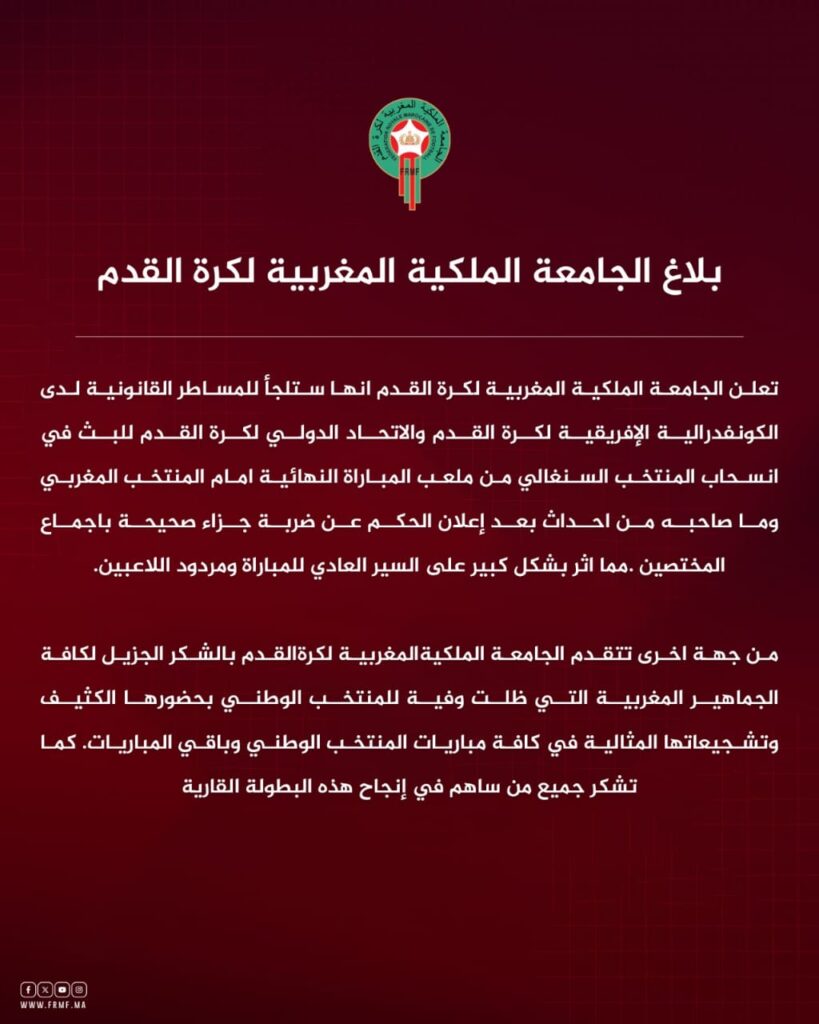
AFCON 2025: King Mohammed VI Congratulates Atlas Lions After Historic Campaign
Following the conclusion of the Africa Cup of Nations Morocco 2025, King Mohammed VI sent a message of congratulations to the Moroccan national team, finalists of the tournament.
Despite a narrow 1-0 defeat against Senegal in the final, the Atlas Lions delivered an outstanding campaign that reflected commitment, discipline and team spirit.In his message, His Majesty praised the players, coaching staff and the Royal Moroccan Football Federation for their efforts, highlighting that this achievement confirms the Kingdom’s strategic vision of investing in human capital and modern sports infrastructure.
King Mohammed VI also emphasized the continental dimension of the tournament, stating that Morocco’s successful hosting of CAN 2025 sends a strong message of confidence and hope to Africa, proving that African talent can excel at the highest level.
The Sovereign concluded by encouraging the national team to continue striving for excellence and representing Moroccan football with pride on the international stage.
AFCON 2025: Morocco Sets the Bar High with a Flawless Organization
Morocco has successfully delivered one of the most memorable editions of the Africa Cup of Nations. As host of AFCON 2025, the Kingdom impressed teams, officials and fans with an outstanding level of organization.World-class stadiums, efficient transportation, strong security measures and an electrifying atmosphere created the perfect environment for football. From the group stage to the final, everything ran smoothly, earning widespread praise across the continent.As the tournament comes to an end, one conclusion is clear: Morocco has set a new benchmark for AFCON organization, reinforcing its status as a leading host for major international sporting events.
AFCON 2025 Final: The Facts to Clarify Allegations Targeting Morocco’s Organization
Amid the controversies that emerged ahead of the final, established facts help clarify the situation. Reception, security, accommodation, training facilities, and ticketing for the Senegalese delegation were ensured by Morocco in full compliance with CAF regulations and in respect of the choices made by the Senegalese Football Federation (FSF).Throughout the tournament, Senegal’s national team set up its official base camp at the Fairmont Tazi Palace in Tangier and played all its matches at the Grand Stade de Tanger, benefiting from optimal conditions fully in line with CAF standards.Regarding travel to Rabat for the final, the decision to use the high-speed train (TGV) was made independently by the Senegalese Football Federation. Moreover, by publicly communicating the date and time of its delegation’s arrival at Rabat-Agdal TGV station, the FSF’s announcement naturally led to the presence of many Senegalese supporters at the station, as observed upon the team’s arrival.Moroccan authorities deployed a comprehensive security operation, including personnel from the General Directorate of National Security (DGSN), Auxiliary Forces officers, dedicated logistical resources, and the station’s regular security services. No incidents, public order disturbances, or security breaches involving members of the Senegalese delegation were recorded.As for accommodation in Rabat, the Senegalese Football Federation like all teams participating in the AFCON was offered a choice between two transit hotels: Hôtel Rihab, located in downtown Rabat and previously used by Tanzania (Round of 16) and Cameroon (Quarterfinal) for their matches against Morocco, and the Amphitrite Palace in Skhirat. The FSF freely exercised this choice by selecting the Amphitrite Palace.Concerning training sessions, the Mohammed VI Football Complex was initially made available to the Senegalese team. However, the FSF chose not to use it and, on its own initiative, opted for the auxiliary pitch of the Moulay Abdellah Sports Complex, which was duly allocated.Finally, regarding criticism related to ticket access for staff and players, it is important to note that the Senegalese Football Federation received its regulatory allocation of 5% of tickets for the final, in accordance with the rules in force.
AFCON 2025: Special Arrangements Announced for Morocco vs Senegal Final
The Local Organizing Committee of AFCON Morocco 2025 has announced special measures to ensure the smooth running of the final between Morocco and Senegal.The highly anticipated match will take place on Sunday, January 18, 2026, at the Prince Moulay Abdellah Stadium in Rabat. Stadium gates will open at 3:00 PM, while the closing ceremony is scheduled for 6:30 PM. Kick-off is set for 8:00 PM.Supporters are encouraged to arrive early, follow organizational instructions and demonstrate sportsmanship throughout this major continental event.
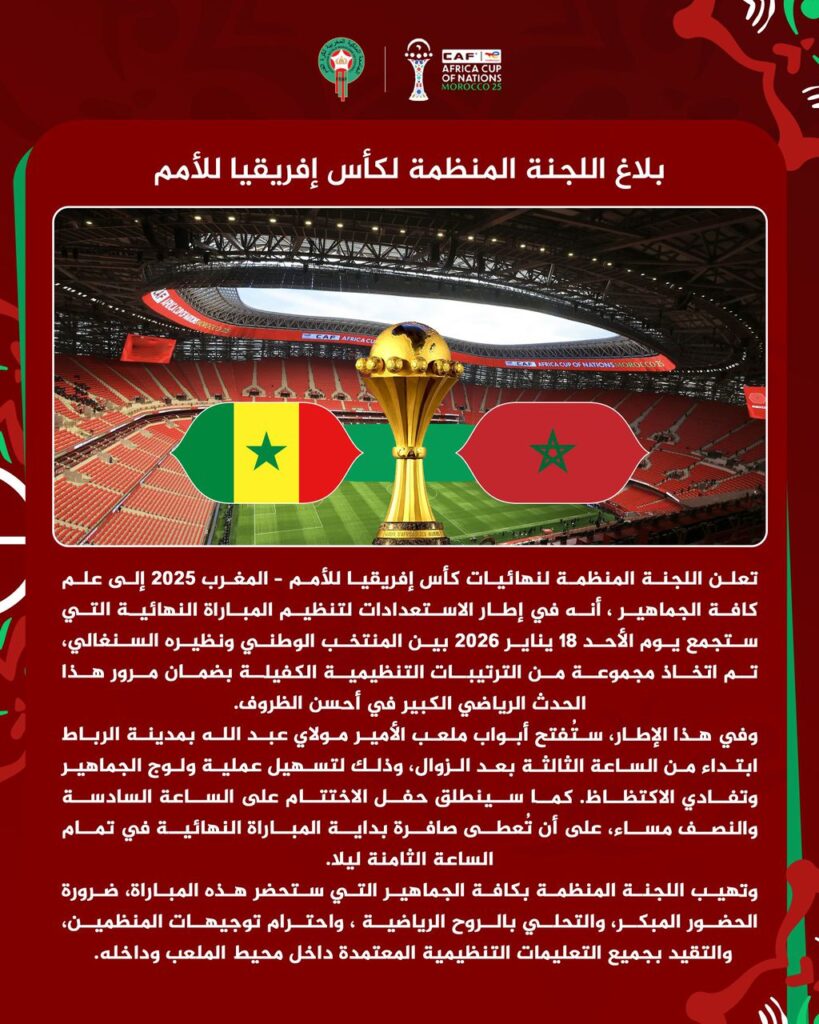
CAN 2025: How the Cotonou–Rabat Road Trip Reinforced Africa’s Pan-African Vision
Casablanca – On the sidelines of the Africa Cup of Nations 2025, the AFRICAMED Business Forum highlighted the growing economic role of sports in Africa. One of the most impactful contributions came from Zelkifli Rahman Ngoufonja, CEO of Quick-Witted MGT.
Speaking about the Cotonou–Rabat road trip, Ngoufonja explained its original ambition:
“When Morocco was awarded the CAN, we wanted to make it a truly pan-African event, experienced by the whole continent.”
The initiative brought together journalists and content creators from nearly twenty African countries.
“Connecting Africa with Africa is the first step. Without knowing each other, there can be no trust, no business, no shared projects.”
However, the journey also exposed structural challenges.
“Mobility issues, visa restrictions and poor connectivity still limit Africa’s economic potential.”
For Ngoufonja, sports remain a powerful driver of unity and development.
“If Africans connect with each other first, they will be stronger when engaging with the rest of the world.”
